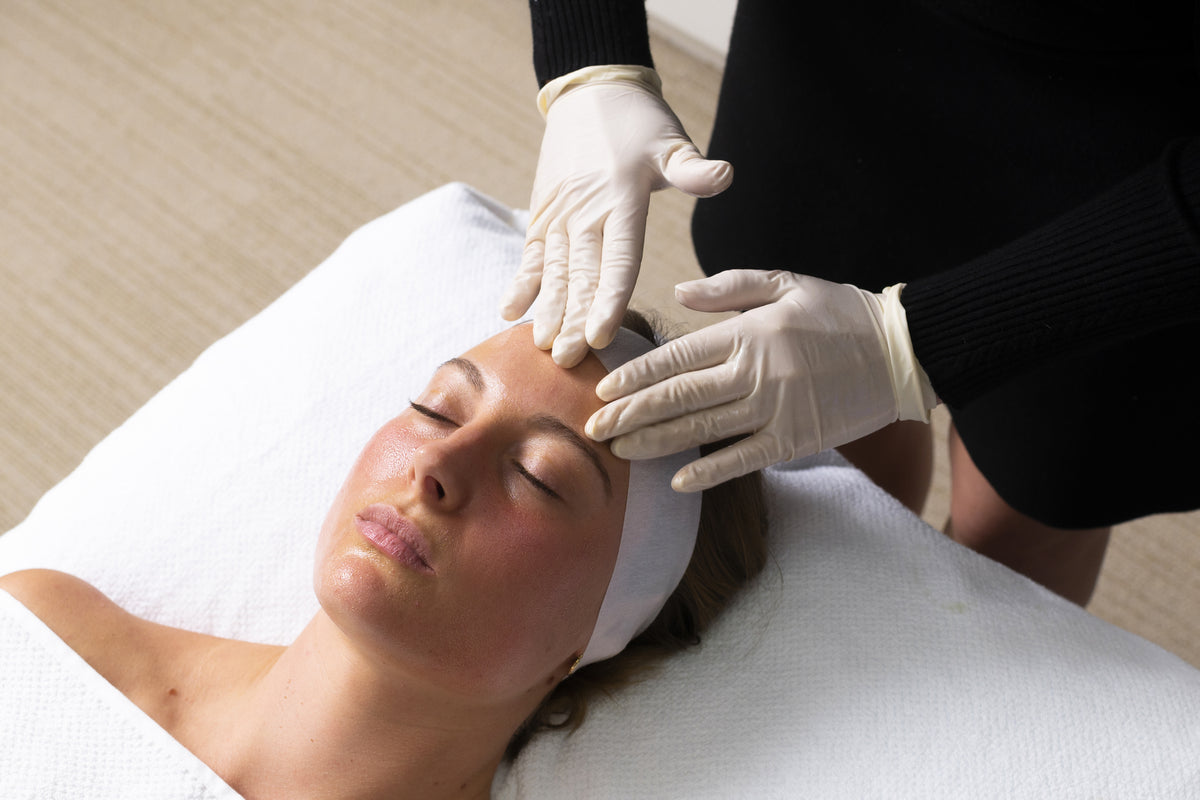Achieving Clear Skin: Dos and Don'ts for dealing with Acne!
28.03.2023

Acne is a common skin condition that affects people of all ages and can have a significant impact on their self-esteem. If you have acne-prone skin, you know how frustrating it can be to deal with breakouts and blemishes. While there is no one-size-fits-all solution to treating acne, there are certain dos and don'ts that can help you manage your condition and achieve clearer, healthier skin. In this blog, we'll explore some of the most effective strategies for dealing with acne-prone skin, as well as some common mistakes to avoid. Whether you're a teenager or an adult, these tips can help you get on the path to clearer, more confident skin.
DO - Get your basics right first
If you're dealing with acne-prone skin, it's crucial to get the basics of your skincare routine right. One of the most important steps is cleansing, and choosing the right product is key. Look for an oil-free cleanser that won't clog your pores or exacerbate your acne. It's also a good idea to opt for an active cleanser that contains ingredients like salicylic acid or benzoyl peroxide, which can help clear up acne-causing bacteria. After cleansing, make sure to use an oil-free moisturizer to hydrate your skin without adding excess oil. By following these simple steps and using the right products, you can help keep acne at bay and achieve a clearer, healthier complexion.
Active Cleanser
- SkinBetter Science Refresh Oxygen Infusion Wash
- Cosmedix Clarify Foaming Cleanser
Oil Free Cleanser
- Aspect Cleansing Micellar Water
- Skin Better Science Cleansing Gel
Oil Free Moisturisers
- Cosmedix Shineless Oil Free Moisturiser
- Aspect Dr Ultra Light Hydration
DO - Seek professional help to diagnose underlying cause of acne.
It can be tempting to try every skincare product under the sun to clear up your skin. However, before you do that, it's important to seek professional help to diagnose the root cause of your acne. There are many different factors that can contribute to acne, including hormonal imbalances, diet, and certain medications, and each of these requires a different approach to treatment. A dermatologist or other skincare professional can help you identify the cause of your acne and recommend targeted treatments to address it. Without this crucial step, you could end up wasting time and money on products that don't address the underlying issue. So, before you invest in any skincare products, make sure you're working with a professional who can help you get to the root of the problem.
DO - Get in touch with The Clinic for regular Skincare treatments
Treating acne can be a frustrating and time-consuming process, especially if you're trying to do it on your own. That's where our team can come in. Our team of registered nurses are trained to assess your skin type and identify the best treatment options for your unique needs. We offer a range of treatments that can help to unclog pores, reduce inflammation, and prevent future breakouts. Regular treatments at The Clinic can also help to improve the overall health and appearance of your skin, giving you a clearer, brighter complexion. Getting regular skincare treatments tailored to your skin is one of the most effective ways to treat acne and achieve the clear, healthy skin you've been dreaming of.
We recommend:
DON'T - Go overboard with products and overtreat your skin.
While it's important to be proactive about treating acne-prone skin, it's equally important to avoid over-treating your skin with too many active products. Using too many harsh products can strip your skin of its natural oils, leading to dryness, irritation, and even more breakouts. In addition, some active ingredients can interact negatively with each other, leading to further skin damage. It's important to use active products in moderation and to allow your skin to adjust to each new product before adding another to your routine. It's also important to pay attention to the ingredients in your skincare products and avoid using products that contain alcohol or other harsh chemicals that can be drying or irritating. By being mindful of your skincare routine and using active products in moderation, you can help to prevent further damage and achieve clearer, healthier skin over time.
DON'T - Squeeze or pick your skin!
Step away from the spots! it can be tempting to try to squeeze or pick at pimples to speed up the healing process. However, this can do more harm than good. Squeezing or picking at acne can introduce bacteria into the skin, leading to infection and further breakouts. It can also cause scarring and hyperpigmentation, which can be difficult to treat. In addition, squeezing or picking can damage the skin's natural barrier, making it more vulnerable to inflammation and irritation.
DON'T - Think one treatment will be enough.
Dealing with acne-prone skin often requires a multifaceted approach, and relying on just one treatment or product is unlikely to yield the results you're looking for. Instead, it's important to develop a comprehensive skincare routine that combines a range of different treatments and products, tailored specifically to your skin's needs. This might include topical acne treatments, regular facials or chemical peels, and a consistent at-home skincare routine that includes cleansing, exfoliating, and moisturizing. In addition, it's important to pay attention to other factors that can contribute to acne, such as diet, stress, and hormonal imbalances, and address these as needed. By taking a holistic approach to treating acne-prone skin, you can improve your chances of achieving clearer, healthier skin over time. Remember, everyone's skin is different, so it may take some trial and error to find the combination of treatments that works best for you. Be patient, stick to your routine, and consult with one of our registered nurses to ensure you're giving your skin the best possible care.
Book in for your consultation now and get a step closer to achieving clear & healthy Skin